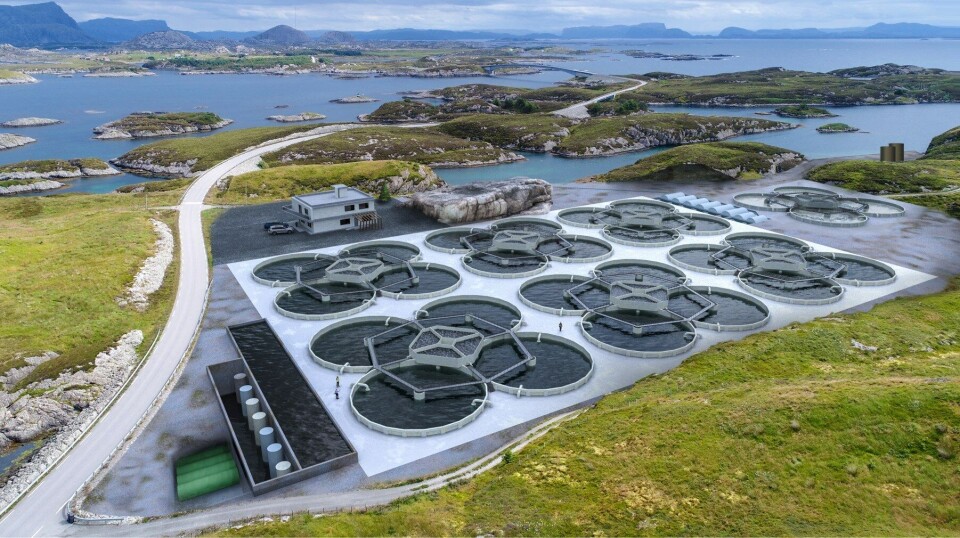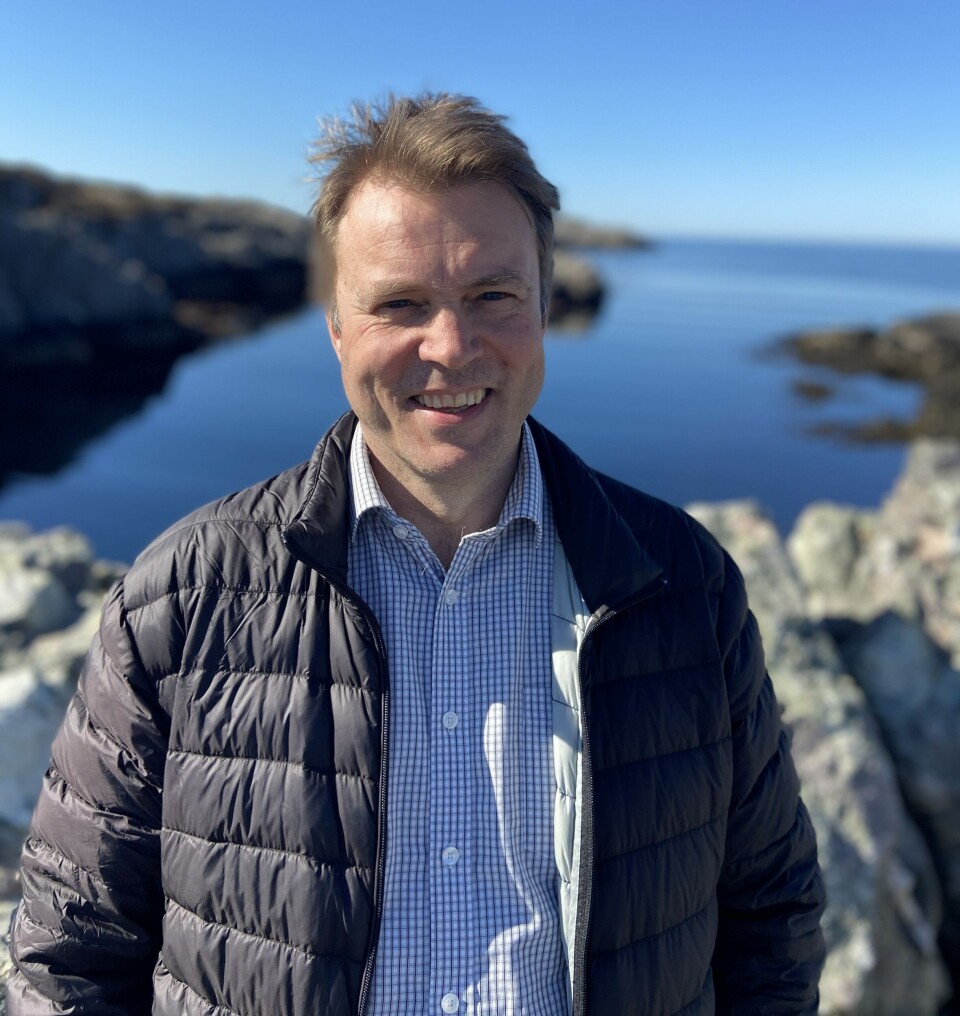
£8.5m raised for first phase of on-land salmon farm
A company planning a land-based salmon farm on an island off the Norwegian coast has raised NOK 100 million (£8.5m) through a share issue to fund the first construction phase of the development.
Bulandet Miljøfisk’s production model is based on flow-through technology, with a combination of post-smolt and harvest-size fish. In the first construction phase, the company will produce approximately 1,000 tonnes per year. The operating experiences from this phase will be used in the detailed planning of the main plant.
The company aims to complete the first phase this year. The first delivery of fish is planned during the spring of 2022, it said in a press release.

Development plan
“The company has a development plan for Bulandet which will mean a significant increase beyond the current permits of 5,500 tonnes. At the same time, we are planning expansion beyond the existing location on Bulandet,” said general manager Hans Haddal.
Bulandet is an archipelago around 20km off the coast of Vestland and is around 80km north of Bergen as the crow flies.
Bulandet Miljøfisk is investing more than NOK 150m in the first phase, which it said was significant for a local community such as Bulandet / Værlandet.
A turning point for the industry
Chairman Knut Eikeland said: “The aquaculture industry is a fantastic industry but also an industry that has its challenges. We are in a turning point for the industry as we know it. RAS (recirculating aquaculture system) facilities in the USA, Asia and Europe will be built, there are strong political guidelines about the direction of aquaculture, closed facilities at sea and land-based facilities.
“At Bulandet, we want to develop our business model in close collaboration with the rest of the value chain in Norway. We believe post-smolt from the flow-through facility to Bulandet will be very attractive fish for offshore facilities, regardless of whether it is traditional facilities, closed facilities or facilities at sea.
“We will see a change in the industry over the next 10-20 years in the direction of a more differentiated form of production in Norway. The industry will utilise the natural advantages and expertise we have in Norway, at the same time as the environmental impact is reduced.”
Most natural environment
Haddal said: “In Bulandet Miljøfisk, the salmon will grow up in as natural an environment as possible while we will control the factors that affect fish health and well-being. Through technology for training fish and cooperation with the R&D environment, we in Bulandet will develop a fish with very good consistency and muscle mass.”
The company carried out its fundraising in collaboration with Norne Securities. Three investors - Aquaculture Innovation AS, Jakob Hatteland and Karstein Gjersvik – accounted for 75% of the issue.























































